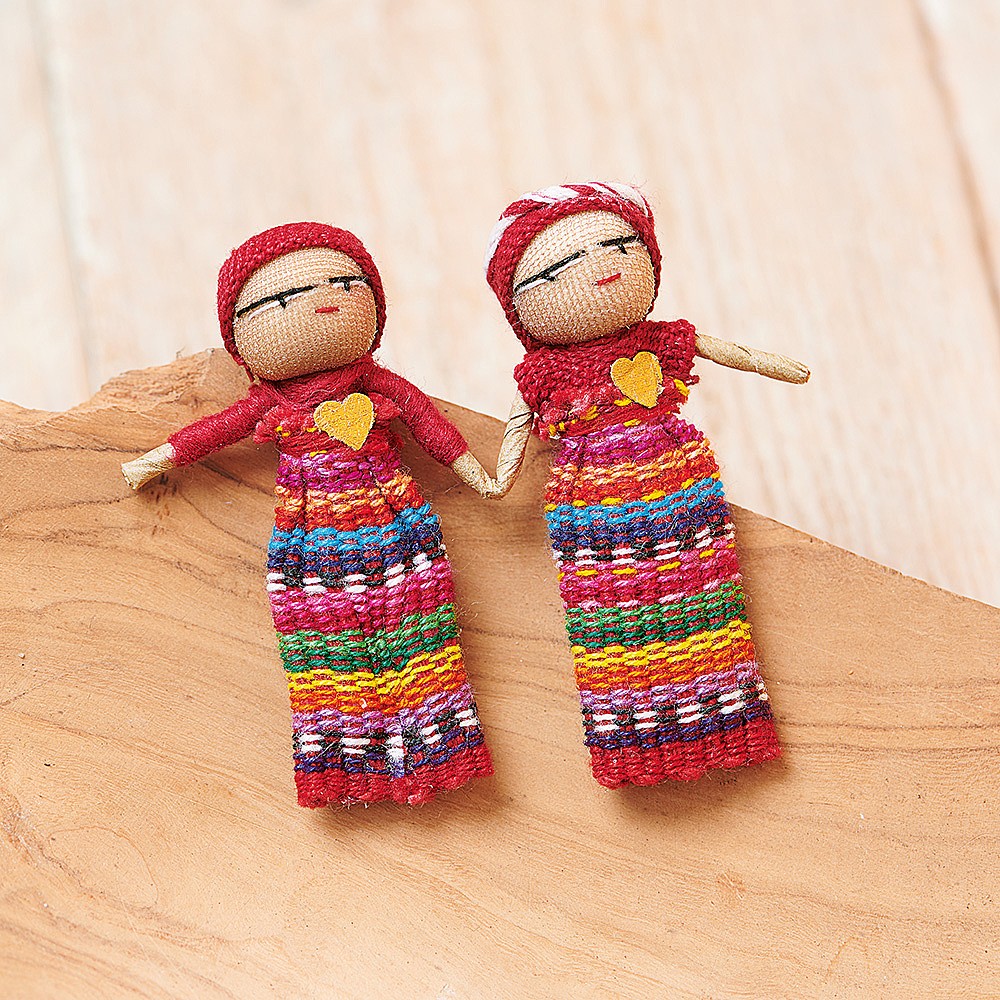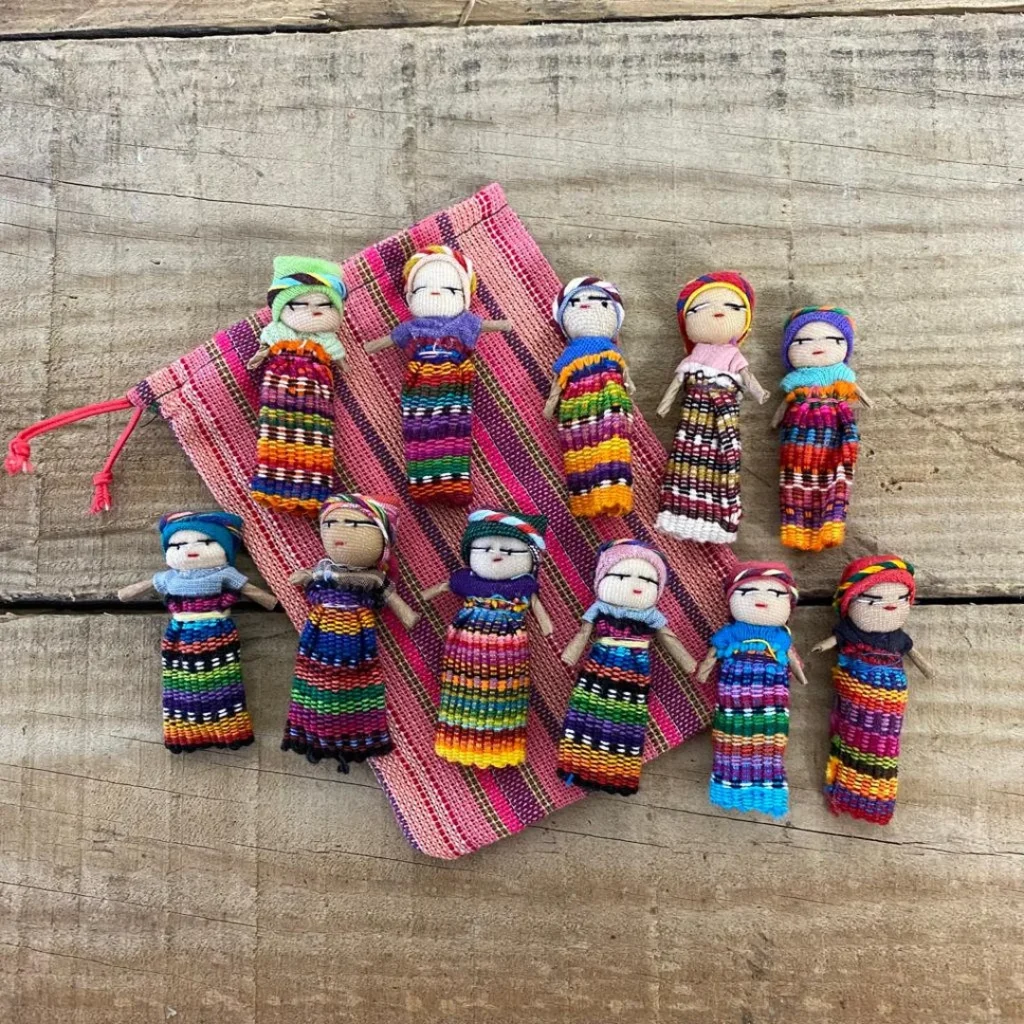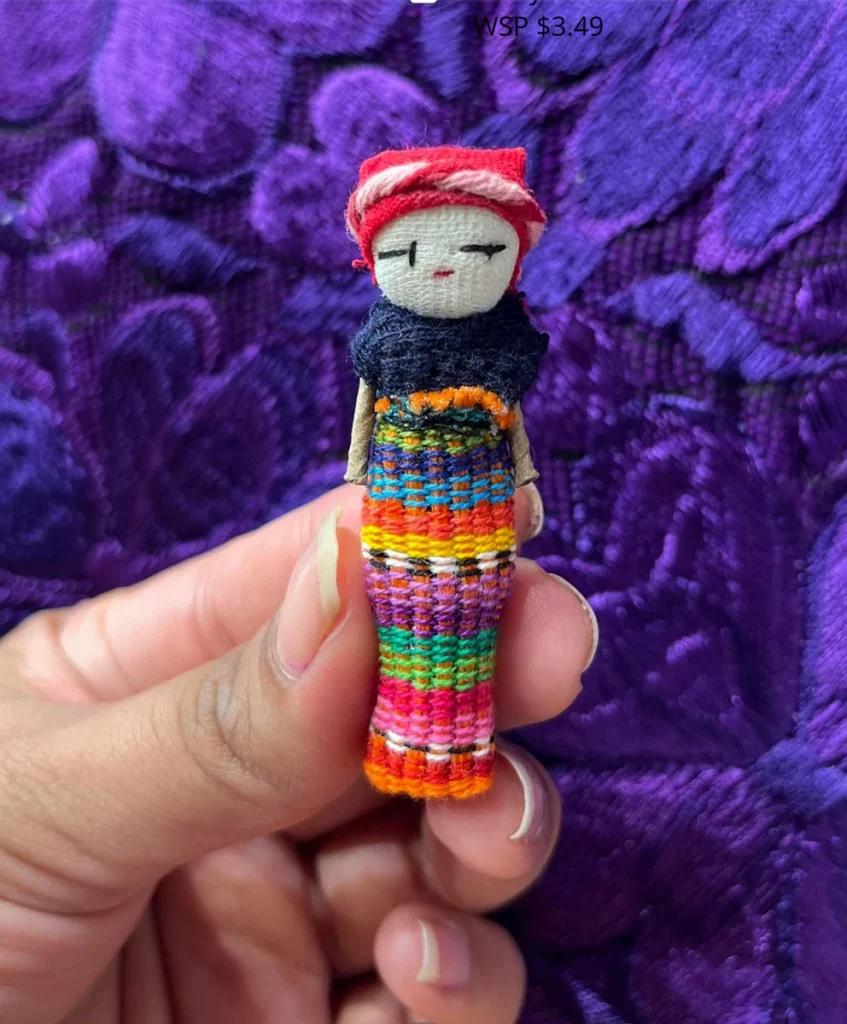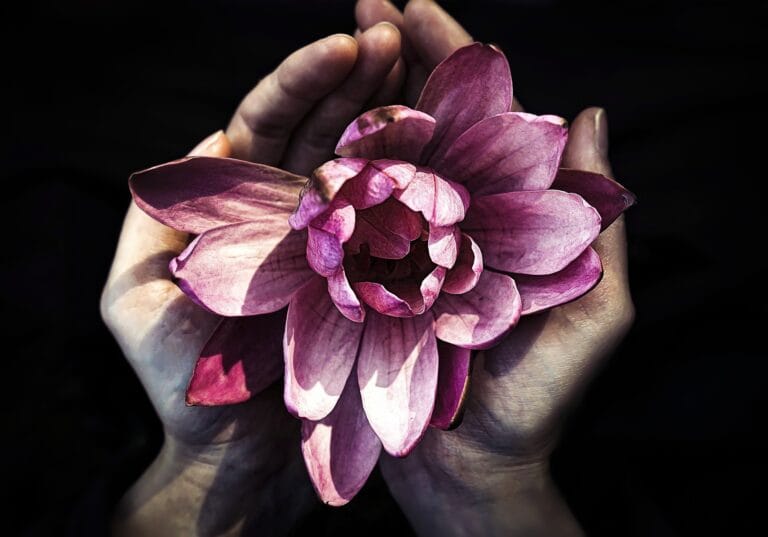
Worry dolls are small, handcrafted figures traditionally used in Guatemalan culture to help alleviate anxiety and stress. Many people wonder if using these dolls aligns with Christian beliefs. This article explores the cultural significance of worry dolls, their perceived compatibility with Christianity, and how they can be used as a tool for emotional relief.
Understanding Worry Dolls
Worry dolls, or “Muñecas Quitapenas,” are small, colorful dolls typically made from wood and fabric. Indigenous to Guatemala, these dolls are often crafted by artisans in the highlands. The tradition surrounding worry dolls dates back centuries and is rooted in the Mayan culture. According to the custom, when someone is troubled or anxious, they can share their worries with the doll before bedtime. The idea is that the doll will “take away” those worries overnight, allowing the person to sleep peacefully.
The process of using worry dolls is straightforward. A person tells the doll their worries, often whispering them into the doll’s ear, and places it under their pillow. It is believed that the dolls will absorb the worries and help the person feel lighter and more at ease. This practice highlights a significant cultural approach to dealing with anxiety and emotional struggles, emphasizing the importance of releasing burdens rather than holding onto them.
The Cultural Significance of Worry Dolls
Worry dolls hold a deep cultural significance within Guatemalan society. The tradition is not merely about the physical doll but represents a ritual that connects individuals with their cultural heritage. The act of confiding in these dolls symbolizes trust and the importance of community support. Many people in Guatemala have grown up with the belief in worry dolls, making them a common and cherished aspect of their childhood.
In addition to their emotional role, worry dolls also serve as a form of art. The craftsmanship involved in creating these dolls showcases the rich cultural traditions of the Mayan people. Each doll is unique, often made with vibrant colors and intricate patterns, reflecting the creativity and skill of the artisans. Purchasing worry dolls can also support local economies and preserve traditional crafts, making them valuable beyond their emotional utility.
Are Worry Dolls UnChristian?

The question of whether worry dolls are considered unChristian often arises due to their non-Christian origins and practices. Some individuals may view the use of worry dolls as a form of superstition or as conflicting with Christian teachings. However, it is essential to approach this topic with an open mind and consider various perspectives.
Many Christians believe that faith and prayer should be the primary sources of comfort and support in times of worry. They may argue that relying on an object, like a worry doll, could detract from one’s relationship with God. This perspective often emphasizes the importance of turning to Scripture, prayer, and community support for solace and guidance.
On the other hand, some Christians may find that using worry dolls does not conflict with their faith. They may view the dolls as a tool for expressing emotions rather than a form of idolatry. For these individuals, worry dolls can serve as a reminder to hand over their anxieties to God while also embracing a cultural practice that resonates with them. This perspective highlights the possibility of integrating different cultural practices into one’s faith without necessarily compromising their beliefs.
The Role of Faith in Worry Dolls
Faith plays a crucial role in any discussion about worry dolls and their compatibility with Christianity. Many Christians believe in the power of prayer and divine intervention when dealing with anxiety and stress. For them, the act of praying and seeking God’s guidance is essential to finding peace amid turmoil. In this context, worry dolls may be viewed as supplementary rather than a replacement for spiritual practices.
Using worry dolls can also open up conversations about faith and mental health. In a world where mental health awareness is becoming more prevalent, integrating various cultural practices can help individuals cope with their emotions. For some Christians, worry dolls may serve as a bridge between cultural heritage and spiritual beliefs, allowing them to embrace both without feeling guilty or conflicted.
Ultimately, the relationship between worry dolls and Christianity is complex. While some may see them as unChristian, others may find value in their use as a means of expressing emotions and engaging with cultural practices. It is essential to recognize that faith is deeply personal, and individuals may navigate these concerns in ways that resonate with their beliefs.
Practical Applications of Worry Dolls

If you are considering using worry dolls as part of your emotional coping strategies, there are several practical applications to keep in mind. First, ensure that you approach the practice with intention. When you express your worries to the doll, take a moment to reflect on your feelings. This can be a valuable exercise in self-awareness and emotional processing.
Additionally, consider incorporating worry dolls into your bedtime routine. Establishing a soothing ritual that includes the dolls can help signal to your mind and body that it is time to relax. This can be particularly helpful for individuals who struggle with insomnia or racing thoughts at night. By creating a calming environment, you can enhance the effectiveness of the worry dolls in alleviating your stress.
Lastly, if you feel comfortable, consider sharing your experiences with others. Discussing your use of worry dolls with friends or family can foster deeper connections and encourage open conversations about mental health. This can also provide an opportunity to educate others about the cultural significance of worry dolls, helping to break down misconceptions that may exist.
Conclusion
In conclusion, the question of whether worry dolls are considered unChristian is not one that has a definitive answer. It largely depends on individual beliefs, interpretations of faith, and cultural perspectives. For some, worry dolls may seem at odds with Christian teachings, while for others, they can be a valuable tool for emotional expression and cultural connection.
Ultimately, the most important aspect is to find what works for you as an individual. Whether you choose to embrace worry dolls, seek comfort through prayer, or explore other emotional coping strategies, the goal is to find peace and solace in a world that can often feel overwhelming. By respecting diverse beliefs and practices, we can foster a greater understanding of how different cultures navigate the complexities of anxiety and emotional health.
FAQs
1. Can worry dolls be used by people of all faiths?
Yes, worry dolls can be used by individuals of all faiths as a means of emotional expression and relief. They are not inherently tied to any specific religion and can serve as a cultural tool for managing stress.
2. How do I make my own worry dolls?
Making your own worry dolls is a fun and creative activity! You can use materials like wood, fabric, or yarn to craft small figures. Personalizing your dolls can make the practice more meaningful.
3. Are there any specific prayers that can be said while using worry dolls?
While there are no specific prayers associated with worry dolls, you can incorporate your personal prayers or affirmations as you share your worries with the dolls.
4. How can I introduce worry dolls to my children?
Introducing worry dolls to children can be done through storytelling about their cultural significance. You can also engage them in the process of making or decorating their own dolls to make it a fun learning experience.
5. Can worry dolls help with anxiety disorders?
While worry dolls may provide comfort and a sense of relief, they should not replace professional help for anxiety disorders. They can be a supplementary tool alongside therapy or other treatment methods.





